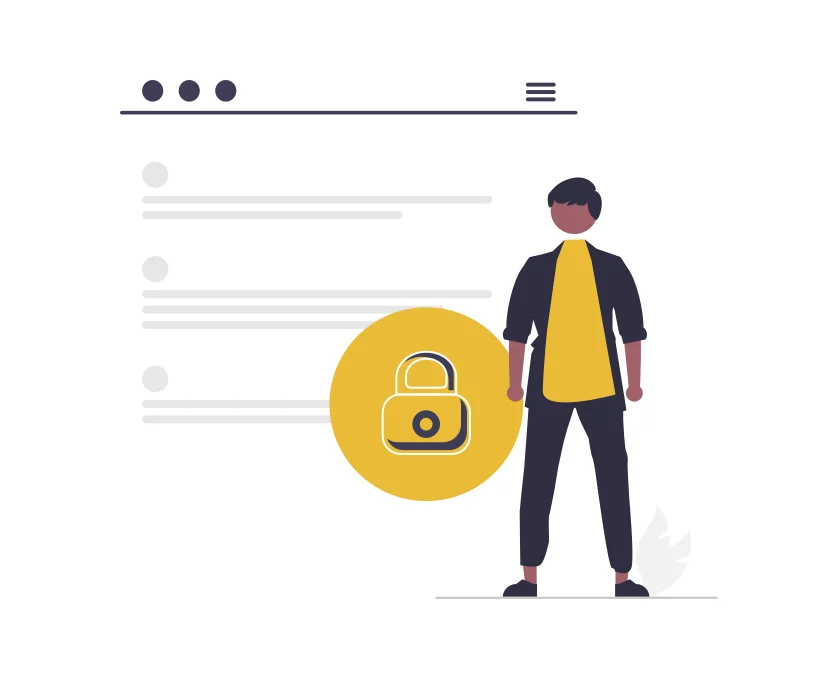Every day, sensitive information circulates within companies. Depending on the measures implemented by organizations, preserving data security and confidentiality is not always easy.
This is especially true for HR data, which is even more sensitive and confidential.
HR departments cannot take this task lightly. As l’Ordre des Conseillers en Ressources Humaines Agréés (CRHA) reminds us, HR managers have an obligation to protect this data.
HR departments must, therefore, put strong and reliable security measures in place to protect them.
Here are a few ideas to take into consideration:
CONFIDENTIALITY OF HR DATA, EVERYBODY’S BUSINESS
From contracts, to salaries, to private information (address, date of birth, social security number, etc), Human Resources managers have to deal with employees' data regularly. However, with data access comes responsibility.
Beyond HR departments, this applies to everybody in the company: anyone who handles data has a responsibility. Thus the importance of defining who should have access to which data and why.
To that end, companies can create security profiles, or set up granularity of access.
Creating separate security profiles allows restriction of access to certain files and prevents sensitive information from getting into the wrong hands.
This way, employees only have access to data that is relevant and necessary for their work. No more, no less!
Data stored in physical files is even more vulnerable than data processed in online frameworks, such as Human Resources Information Systems (HRIS) for example.
Indeed, a physical file can easily be lost, damaged, destroyed or stolen. It also doesn’t require authentication: nothing can prevent a curious colleague from opening a file and consulting its content.
The same is true for Excel file management, which is often decentralized. This system can lead to many transcription errors or data loss.
THE DANGERS OF TELEWORKING
Teleworking has become an important part of our professional lives in the last year and a half.
Still, most companies fail to take the safety hazards that telecommuting can pose into consideration.
For starters, telecommuting has increased the amount of data exchanged via email tenfold. A seemingly trivial detail.
How can we ensure employees do not disclose confidential data, or even access to tools, files or databases by email?
Keeping track of what is exchanged between colleagues is very difficult, nearly impossible.
Again, granularity of access and security profiles could prevent data leakage, whether voluntary or not, within the company.
AWARENESS TO AVOID INTERNAL ATTACKS
Cases of data theft are becoming more and more common.
First, it’s important to know that these attacks can happen to companies of any size, not just large multinational corporations.
According to the Ponemon Institute and IBM Security, 51% of organizations have reported a significant business disruption during the past two years due to a cybersecurity incident. That’s over one in two companies.
These incidents are very costly. According to IBM, the average cost of a data breach is $3.86 million.
Phishing, fraud, malicious intent, employees’ inadvertent errors... many types of data leaks exist. All the more reason to raise awareness among employees and to do everything possible to avoid these unfortunate events.
There are many ways to avoid these situations. Firewall systems, secured connections, etc.
In addition, you should also implement awareness measures within your teams. For instance, you can create a reference document for your employees to use when they are unsure about the origin of an email or the safety of a website that asks for login credentials. The step-by-step document would help them analyze and vet these situations.
An HRIS can also help protect your data!
Other authentication tools are also available within an HRIS, such as SSO or double authentication.
Finally, to ensure your company’s data confidentiality, note that many HRIS editors deal with service providers who protect their servers (encryptions), thus preventing organization’s data from being read from an unknown server.
